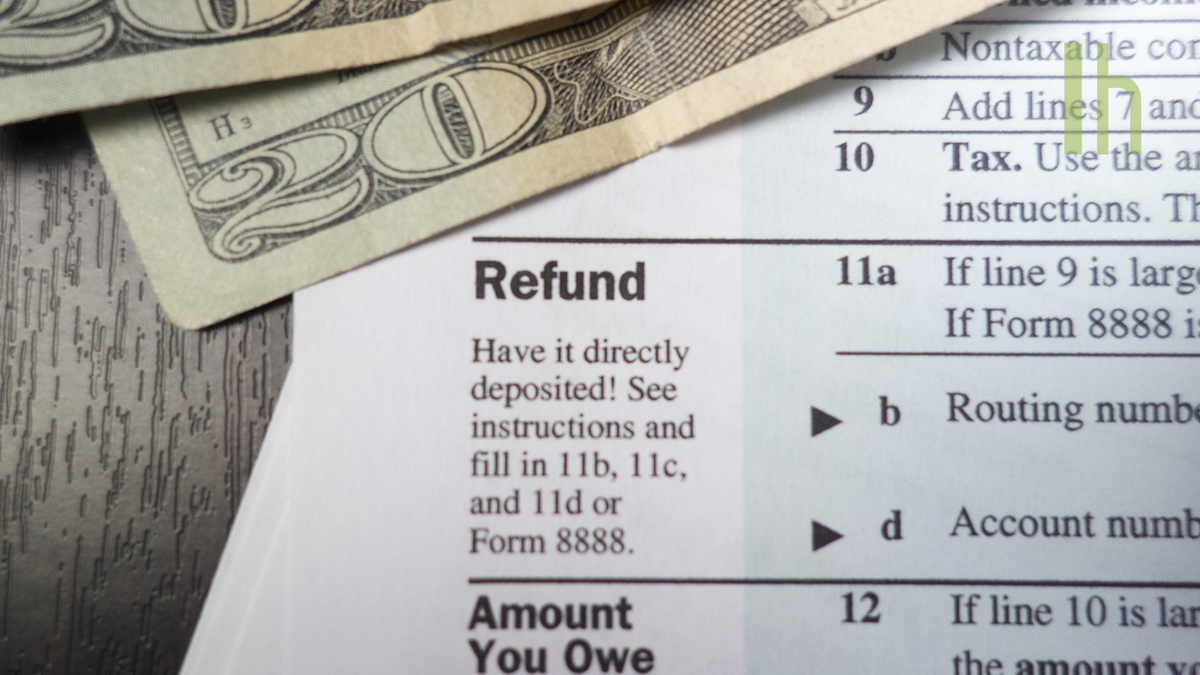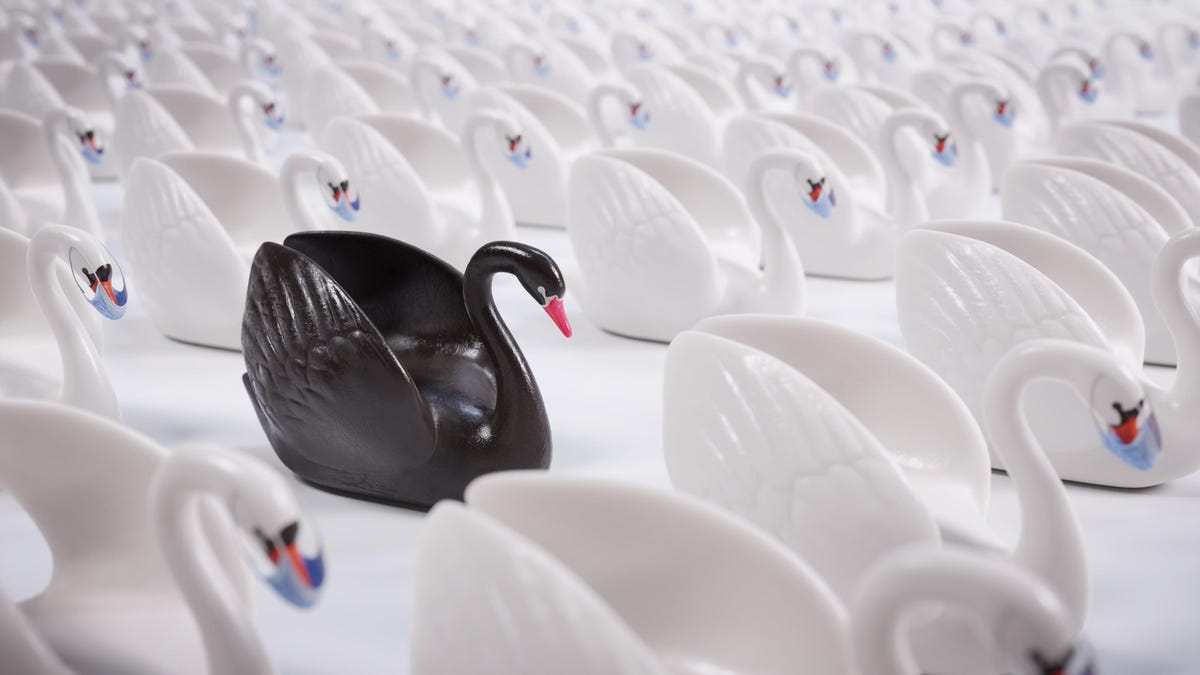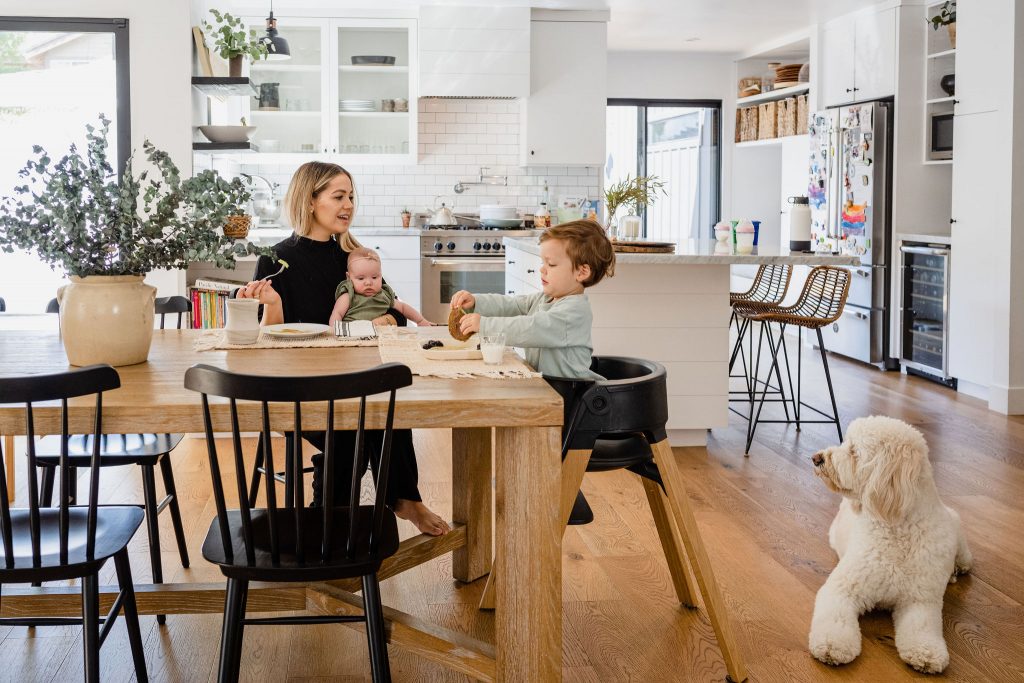7-Eleven M’sia is playing catch-up to newer convenience store trends, how is it faring?
7-Eleven has released 7 Café in Malaysia, joining the competitive convenience stores market including Family Mart and CU.

Convenience stores have gradually moved from stocking essential items to now offering a wide range of F&B items, including ready-to-eat meals to have within the premises’ eat-in areas.
Being a university student when Family Mart was new in the country, I recalled the excitement of my peers rushing to grab oden, onigiri, and sando as a quick snack in between lectures.
That was in 2016. Since then, homegrown convenience store brand MyNEWS also expanded to offer soft-serve ice cream and freshly brewed coffee in its stores.
It brought Korean convenience store CU into Malaysia in 2021 too. With ready-to-eat Korean snacks like bingsu, corndog, tteokbokki, Korean fried chicken, and more, the long queues seemed never-ending, even months after its launch.
In the same year, emart24, another Korean convenience store, joined the market. Its first outlet in Bangsar South even has a second floor, specifically for its eat-in area. The retail section is segmented downstairs, presumably to provide its diners with more privacy.

Despite possibly being one of the earlier international convenience store brands to reach Malaysian shores, it could be said that amidst all the attractive offerings of the above stores, 7-Eleven Malaysia seemed like it was becoming obsolete.
A few months ago though, it rolled out its own mini café in several stores across Klang Valley, fittingly named 7 Café.
It begs the question, is 7-Eleven Malaysia now playing catch-up to this newer convenience store trend?
A look at 7-Eleven’s growth in Malaysia
Originating in Dallas, Texas, 7-Eleven stores in Malaysia are wholly owned and operated by 7-Eleven Malaysia Holdings Berhad through its subsidiary, 7-Eleven Malaysia Sdn Bhd.
Incorporated locally in June 1984, 7-Eleven Malaysia claims to be the pioneer and largest 24-hour convenience store operator in Malaysia. Other than retailing snack products and basic necessities, 7-Eleven also offered bill payment services, pre-paid top-ups, Touch ‘n Go reloads, photocopying services, etc.

7-Eleven Malaysia launched its franchising programme after opening its 1,000th outlet in 2009 to offer existing profit-making stores to franchisees.
That same year, the brand introduced hot beverages along with pre-packaged frozen food, and a small bakery section for the convenience of customers looking for ready-to-eat snacks.
Now with 7 Café entering in 2022, the brand has expanded on its grab-and-go food options. Some additions you can find include freshly brewed coffee, affogato and soft-serve ice cream, chunky fries, and ready-to-eat meals including rice dishes, onigiri, and more.

Depending on the outlet, there are also dedicated eat-in areas so customers can have their meals without leaving the premises, for convenience.
Convenience store culture
The concept of such convenience stores isn’t new, especially in countries like Japan.
The land of the rising sun has perfected the idea of the convenience store, so much so that the Japanese word, konbini has taken on its own meaning.

A konbini is more than just a convenience store. It’s a place people have come to depend on in a world that grows ever more fast-paced, with the aim to offer something for everyone where you can buy snacks, ice cream and soft drinks, or even beer.
Though konbinis were originally catered to Japanese businessmen in its early days, younger consumers appear to be the largest crowd for convenience stores around the world.
On-demand culture seems to be the culprit, according to an article by Forbes. It proposed that millennials and Gen Zs have grown up with services that are available at the push of a button, anytime and anyplace.

My colleague fits into the target market. Frequenting emart24, she described the appeal of their hot meals as, “Korean food on a budget”. Since the made-to-order snacks are served in small portions, it gives her the ability to try the variety of their menu items in one sitting.
While she’s at it, she’s able to grab her groceries and browse through the skincare options on the shelves. It can be said that the same is made available by other convenience stores like CU and Family Mart.

Visiting a 7 Café branch in Uptown Damansara myself, it appears that the convenience store giant is matching up to its competition.
With a large table at the front of the store to dine in, you’ll be greeted by fully stocked shelves of bakery items, sandwiches, desserts, ready-to-go meals, along with made-to-order snacks and beverages at the counter.
Browsing through the assortment of grocery items in the store, you may even find more premium imported products like Oatly’s oat milk or Reese’s Puffs Cereal that are less common to find in local hypermarkets.

Having tried some of 7 Café’s food like its Spicy Cheesy Nachos, Mac & Cheese, Honey Mustard Sausage Croffle, and Mango Sticky Rice, a few of my colleagues and I decided that the food’s quality was good enough for revisits, especially for convenience’s sake.
Not to mention, the pricing of all items was within the expected range, such as loaded cheesy nachos for RM6.90, a honey mustard sausage croffle for also RM6.90, an affogato for RM5.90, and various coffees for about RM4.90-RM6.90.
Overall, we agreed they were pretty affordable for a quick meal.
Slightly late to the party
Overseas, 7-Eleven had already been making additions to its offerings that put it above regular convenience stores.
For example, in 2019, 7-Eleven opened a sit-down test store in Dallas, Texas, that offered upscale treats such as wine and beer on tap, kombucha, smoothies, and even an in-store taco restaurant.
Meanwhile, in Pattaya, Thailand, is a two-storey 7-Eleven with a convenience store downstairs and an in-house cafe serving all meals of the day upstairs.

So, back to the earlier question: is 7-Eleven Malaysia simply playing catch-up?
It does feel like it, considering how it’s taken a few years for its in-house cafe/sit-down concept to reach our shores despite the blueprints overseas.
To add, 7 Café comes after the other major convenience store brands have already proven the demand for such services in Malaysia.
That’s not to say that it won’t be able to measure up to the rest. From what we’ve seen, it’s already offering substantial ready-to-eat meals plus hot and iced drinks with variety.

Interestingly though, there’s no official webpage we can find on 7-Eleven’s site that lists out the specific outlets with 7 Cafés, so it almost feels as though the concept hasn’t been officially launched here.
Perhaps there’s more that 7-Eleven is planning for the concept before making it a core part of its identity here?
Ultimately, there is plenty of potential for the growth of 7 Café, and for the overall convenience store industry in Malaysia.
What it has is a good start, but it might need to find a niche that helps it stand out if we’re talking about maintaining brand relevance.
As of now, its offerings can be described as an ambiguous mix of western and Asian. Compare this to Family Mart’s strong Japanese identity, and CU and emart24’s Korean offerings, and you can see why someone would prefer these over the slightly more generic 7 Café offerings.
Once it’s figured out its niche, 7 Café can further enhance the customer experience by integrating more technology like self-serviced touchscreen kiosks for ordering and payment, among others.
Until then, we’ll be keeping an eye on how 7 Café continues to evolve.
Learn more about 7-Eleven here.Read about other local businesses we’ve featured here.
 Fransebas
Fransebas 























.jpg)







